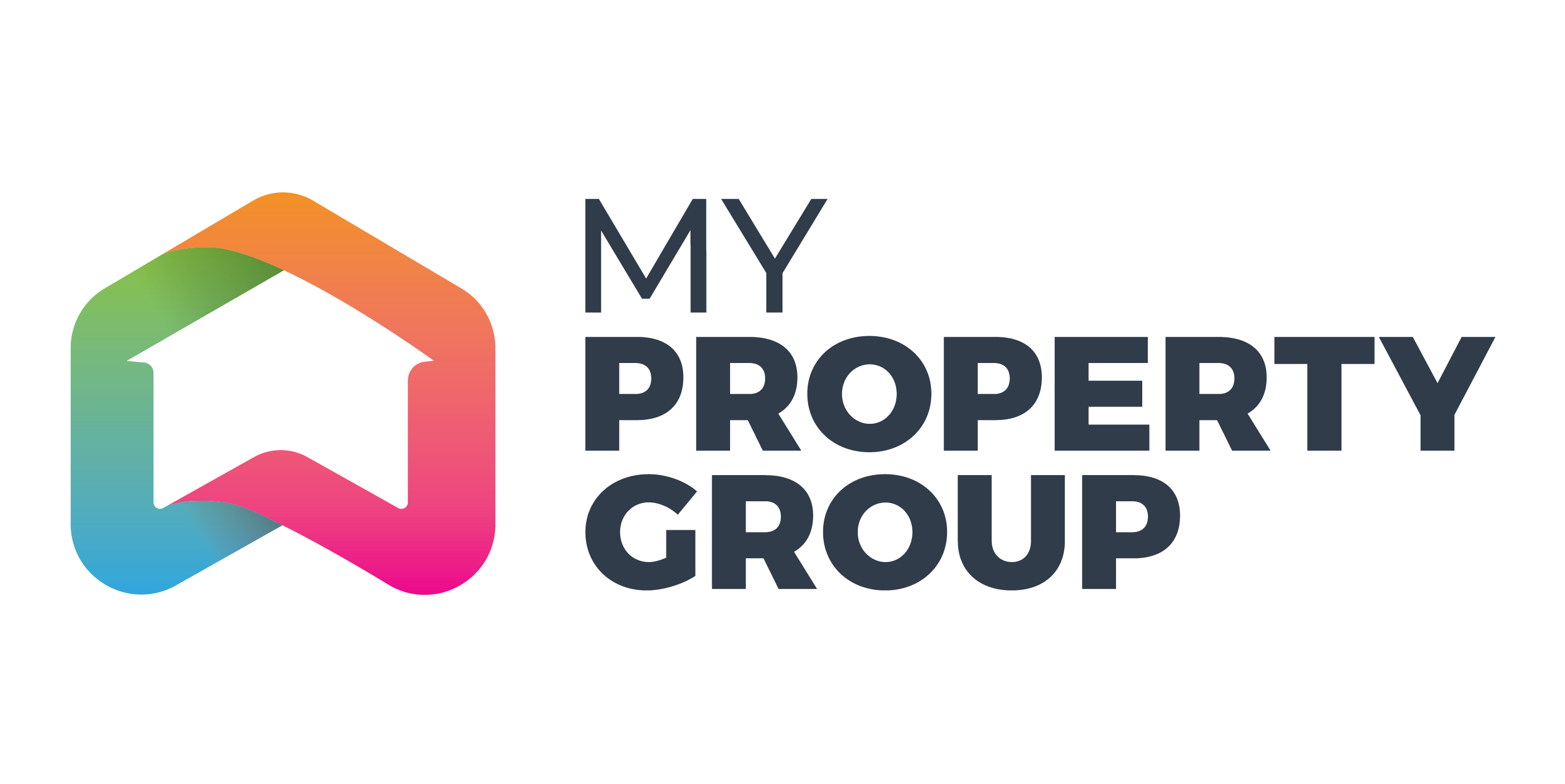You may be reading this on a computer, in print, on your phone… in an email, Facebook post or even Instagram feed. The reach that any story has today is vast – news or otherwise.
Having the ability to communicate with landlords and tenants through multiple channels can be very powerful and to the benefit of all involved. But with the ability to communicate through so many channels, and instantaneously, comes the expectation to engage and respond [almost] instantly.
In a tech-focused world the need to be updated and communicated with is changing the tenants’ expectations. More often, property managers and agents are engaging with their tenants through different avenues that are now seen to be more mainstream.
Often adopting different methods to market properties, such as advertising through Facebook or Instagram, will encourage that particular communication-style and set a precedent for future communication.
This is not a bad thing by any means. What is a part of everyday life for the majority of tenants – apps and programs – will only make communication stronger if adopted positively.
For example, a tenant’s request to fix damages a storm has caused may involve a property notification to the property manager and them to assess on-site or via photos taken. This could be sped up significantly if tenant can easily send photos or share video directly with the property manager.
The ability to communicate instantly does not take away the requirement for adequate notification for tenants, nor does it allow replacement of the need to communicate in person or over the phone. The way in which property managers can communicate has changed and this is often an advantage to all involved.
There’s a greater need for transparency and there’s no excuse for a delayed response. By no means does this mean that landlords and property managers are at the beck-and-call of tenants 24/7, but there is an expectation that responses to requests remain timely.
Technology has expanded and evolved to help make life easier, and most of the time it has, but face-to-face communication is still important to maintain a positive relationship. By adopting multiple ways of communicating, the ability to maintain a positive tenancy remains at the forefront of property management.

